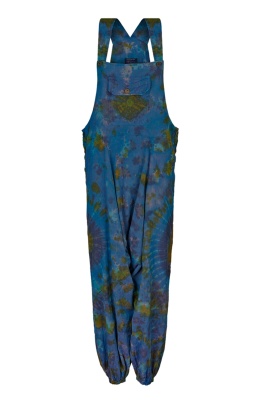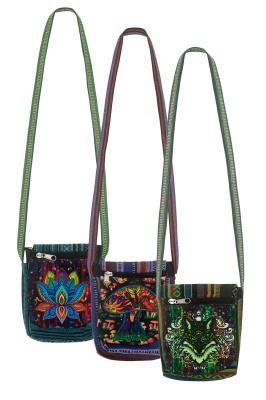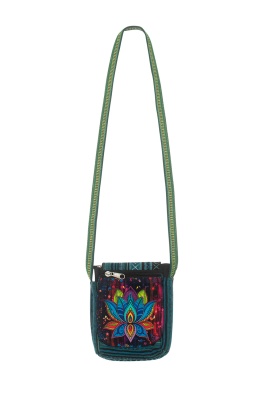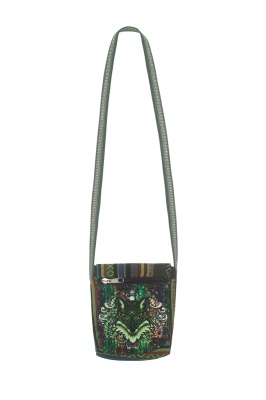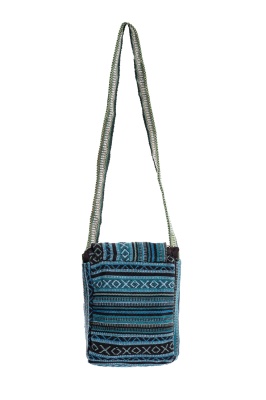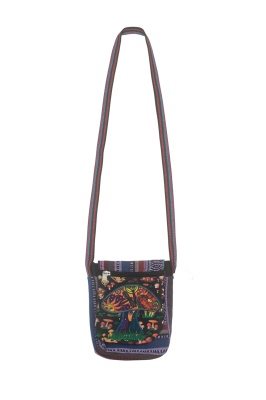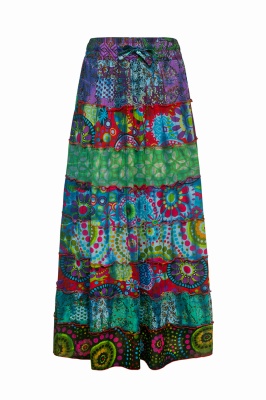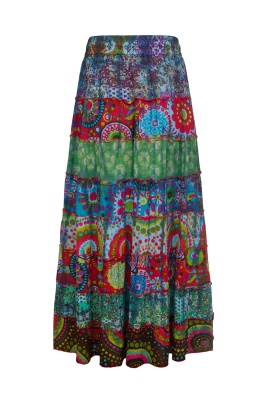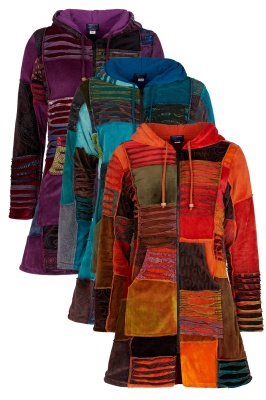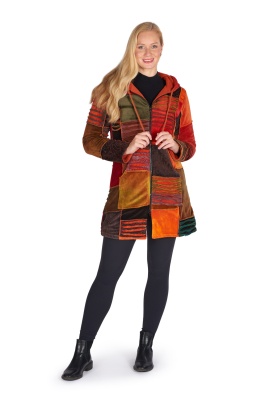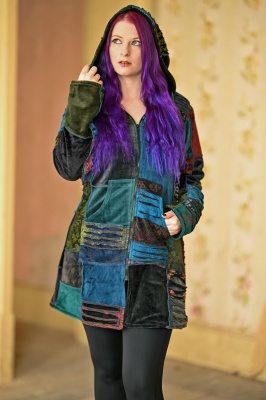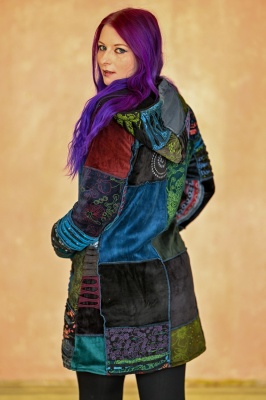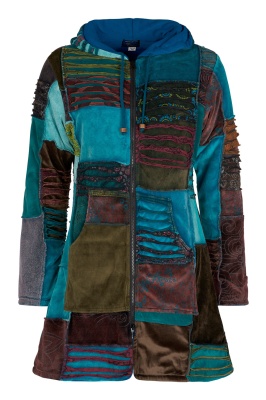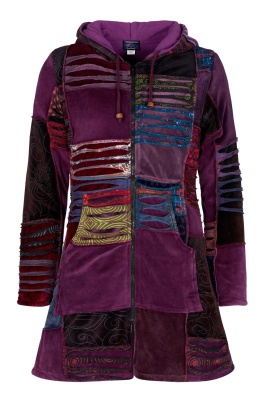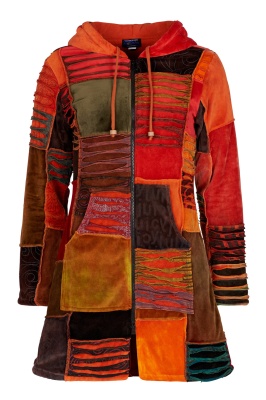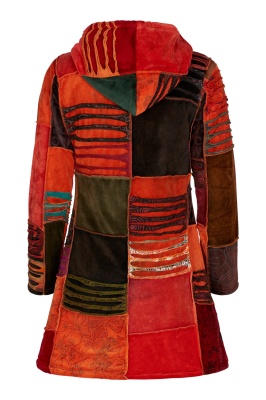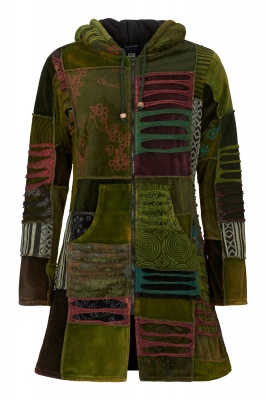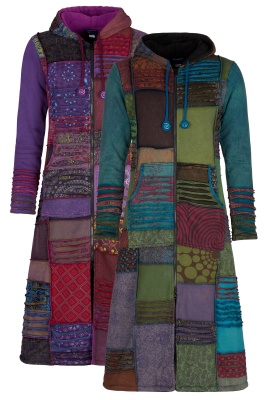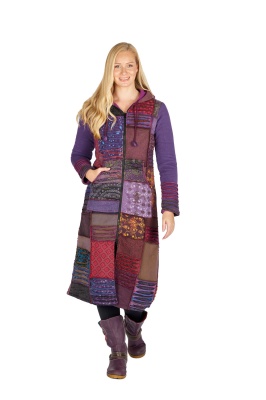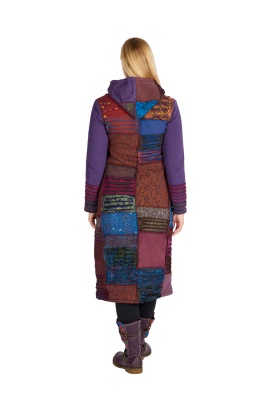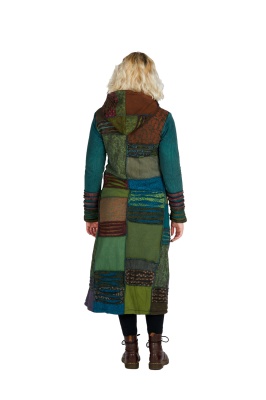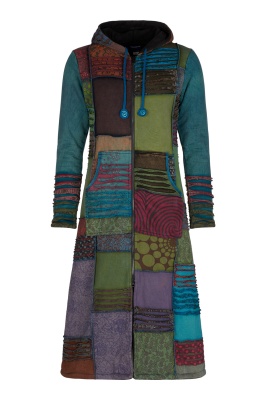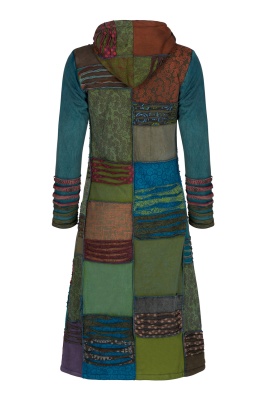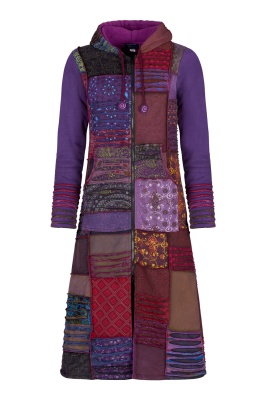Lughnasadh, Gaelic design and the fate of the Gaels
Lughnasadh, also called Lughnasa, Lunasa, Lùnastal, and Luanistyn, is a Gaelic harvest festival. It falls on August 1st, roughly half way between the winter and summer solstices, and used to be widely celebrated throughout Ireland, Scotland and the Isle of Man. Nowadays the working week means contemporary events are usually moved from 1st August itself to the Sunday nearest to it. Here's what you need to know about Lughnasadh, one of the four big Gaelic seasonal festivals.
All about Lughnasadh
Lughnasadh has really ancient pagan roots, and it gets a mention in Ireland's earliest literature. Named after the god Lugh, the celebration drove enormous gatherings, complex religious ceremonies, ritual athletic competitions including the famous Tailteann Games, plus mass feasting, matchmaking and commerce. It sounds a lot like a modern music festival, but with added visits to holy places.
Folklorists claim the religious rites celebrated at Lughnasadh included offering the First Fruits, a feast of bilberries, along with meat from sacrificed animals and a curious ritual dance-come-play where the god Lugh takes the harvest for mankind, defeating blight as he goes. These vast celebrations often took place in high places, on top of hills and even mountain tops.
Lughnasadh was widely celebrated until the last century, when the ancient name of the festival started to fall into disuse. Some communities re-named it Garland Sunday, some Bilberry Sunday, others Mountain Sunday or Crom Dubh Sunday. Often the only survivor from the olden days was the custom of climbing hills and mountains on the big day. These days it's often treated as a Christian pilgrimage. Have you heard of the Reek Sunday pilgrimage to the top of Croagh Patrick on the last Sunday in July? That's a survivor, as are the fairs that replaced Lughnasadh, events like the Puck Fair. Today just a few determined Celtic neo-pagans observe Lughnasadh, or something like it, treating it as a religious holiday.
Whatever happened to the Gaelic people?
The Gaels were a native to north west Europe and had their own languages, a branch of the ancient Celtic languages Irish, Manx, and Scottish Gaelic. But the Gaelic language and culture originated in Ireland, and once extended far and wide to Dál Riata in west Scotland. Roll back time and the enterprising Gaels traded goods with the Roman Empire. But they also boldly raided Roman Britain. By the Middle Ages Gaelic culture was dominant throughout Scotland and the Isle of Man, with outlying settlements in Wales and Cornwall. When the Vikings arrived some of them settled in Gaelic lands and became Norse-Gaels.
The 12th century saw the Normans conquering some of Ireland along with slices of Scotland. But Gaelic culture stuck around throughout Ireland, the Scottish Highlands and Galloway. It wasn't until the early 1600s that the last Gaelic kingdoms in Ireland lost control of their lands to England. King James the First hated and feared the Gaels, and did his best to wipe them and their culture off the face of the earth. Ireland was fast colonised by English-speaking settlers and the people of the Scottish Highlands repressed.
The four great Gaelic festivals – Samhain, Imbolc, Beltane and Lughnasadh - are still celebrated by the few. The ancient Gaels are long gone, absorbed by invaders and watered down by the vast sweep of time. But then again you, me, our families and friends probably have some Gaelic DNA floating around inside us, and that's magic.
Gorgeous Gaelic design
The Gaelic people and the ancient Celts created the most beautiful patterns involving complex knots, people and animals, and every design had its own meaning. It's a gorgeous design style that has inspired millions of us across the planet to have Gaelic tattoos. These 'endless knots' or 'mystic knots' are created using a series of overlapping interwoven knots with no start or end. They first appeared in the 5th century AD, a lot more complex than than the original, simpler Celtic spirals dating back as far as 600BC. But there's more. Some people think these knots go back to the Romans, others say they originate even earlier in Constantinople, during the Byzantine. Whatever their origin, they're stunning.
Why ancient Gaelic designs are still so popular
The fact that some of us still celebrate Lughnasadh and many of us still appreciate the stunning artwork the Gaels made is testament to just how powerful the Gaels were, and how compelling their religion and outlook on life were. In modern times, with climate change, environmental disasters and crazy politicians rocking our world, it's no wonder so many people feel such a powerful need to hark back to simpler times. Life was more brutal back then, maybe, but we were also spiritually closer to our fellow creatures, more aware of how fragile our precious relationship with the natural world is, and much more in tune with the lovely, infinite wheel of the seasons.
Our alternative fashion – Inspired by ancient beauty
Is it weird feeling nostalgia for a simpler world? We don't think so. The Pagan lifestyle is sympathetic to the natural world, working with it instead of battling against it. Maybe we could all learn from those long-ago people whose creations were so very beautiful. It's lovely to know that so much of our alternative clothing is inspired by ancient symbolism of various kinds: the tree of life, the mandala, flowers and leaves. Why not bring out the ancient spirit in you, explore our store, and enjoy our amazing alternative clothing?

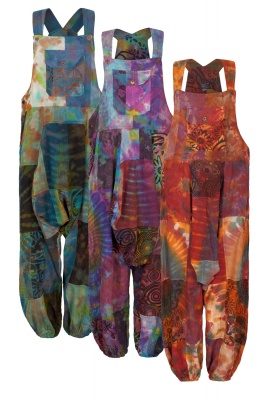
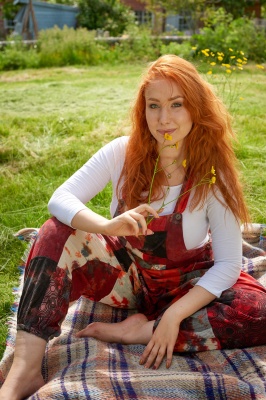
.jpg)
.jpg)
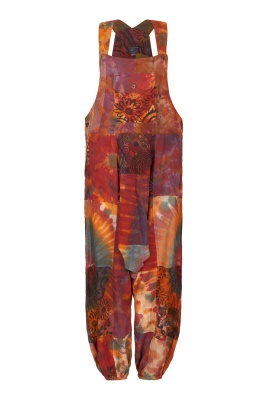
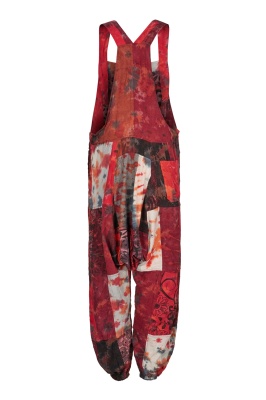
.jpg)
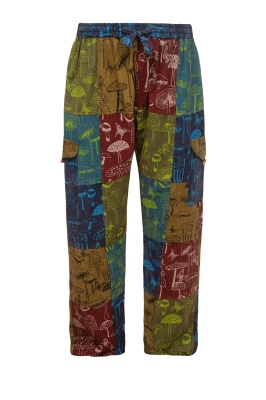
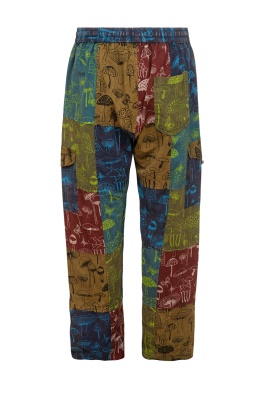
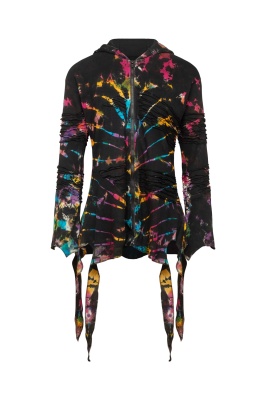
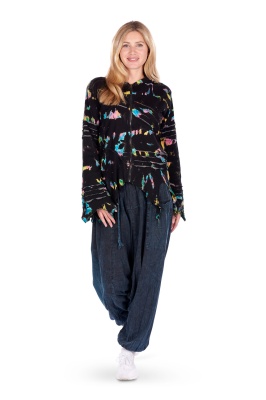
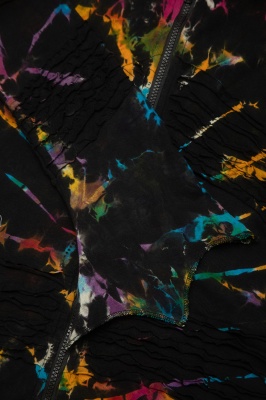
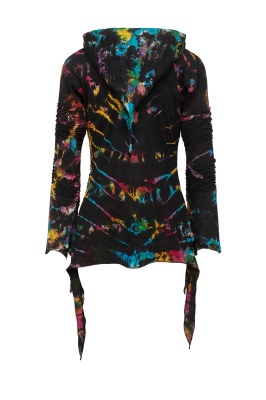
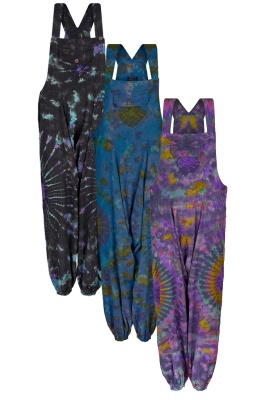
.jpg)
.jpg)
.jpg)
